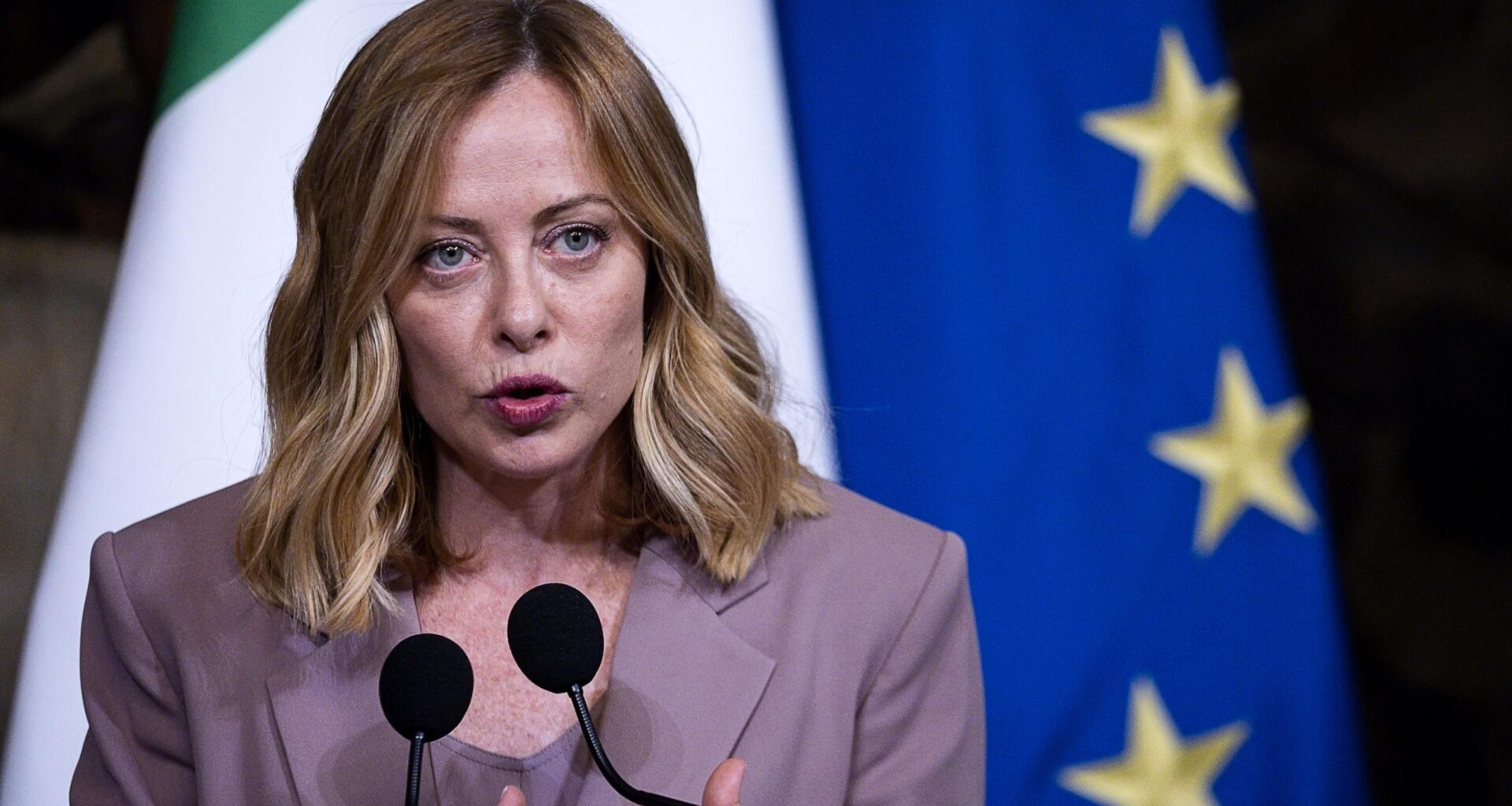After strongly backing the EU’s return rules, Italian Prime Minister Giorgia Meloni is now voicing concerns over the proposed returns regulation, marking her first real break from a dossier she once championed as a European success story.
Italian concerns over the EU’s proposed returns regulation are gaining traction in Rome, potentially putting pressure on one of the flagship elements of Ursula von der Leyen’s migration policy.
According to a Senate note from the Italian European Affairs Committee, parts of the Commission’s new proposal could create a “procedural burden” heavy enough to undermine the regulation itself, especially regarding the harmonisation of the procedures at the EU level.
Rome is pushing back particularly hard against the introduction of a European return order, one of the pillars of the newly proposed rules. The new order would mandate mutual recognition of return decisions among member states.
The Italian Senate is now warning that such a move could “obstruct enforcement” and limit national discretion – especially over key elements such as the length of re-entry bans.
Unveiled in March, the EU’s new return rules – dubbed the system’s “missing piece” – pave the way for member states to establish “return hubs”, or deportation centres, outside the bloc.
Italy has been a staunch supporter of the new EU migration proposals this legislative term, backing both the return regulation and the updated list of safe countries of origin, aimed in part at easing Italy’s legal battles over migration centres in Albania.
The discussion has been pushed back by a week, with the vote now set for 25 June.
Italy falling behind on migration pact obligations
A recent implementation communication warns that Italy, along with several other member states, risk missing crucial operational targets for mandatory migrant screening and border procedures by June 2026.
All EU countries must notify designated sites for these procedures by April 2026, but none have done so to date. Without swift designation and the launch of financial planning and procurement, delays are all but certain.
Italy and Germany face particular concerns over meeting capacity deadlines due to lengthy procurement processes, while Estonia and Greece are considered at even greater risk.
In addition, the EU has flagged problems with Italy’s plan to establish an independent Fundamental Rights Monitoring Mechanism – a requirement under the Migration and Asylum Pact.
While around 23 member states have incorporated such mechanisms into their national plans, Italy – along with Bulgaria and Malta – has raised “critical concerns”, according to the Commission.
